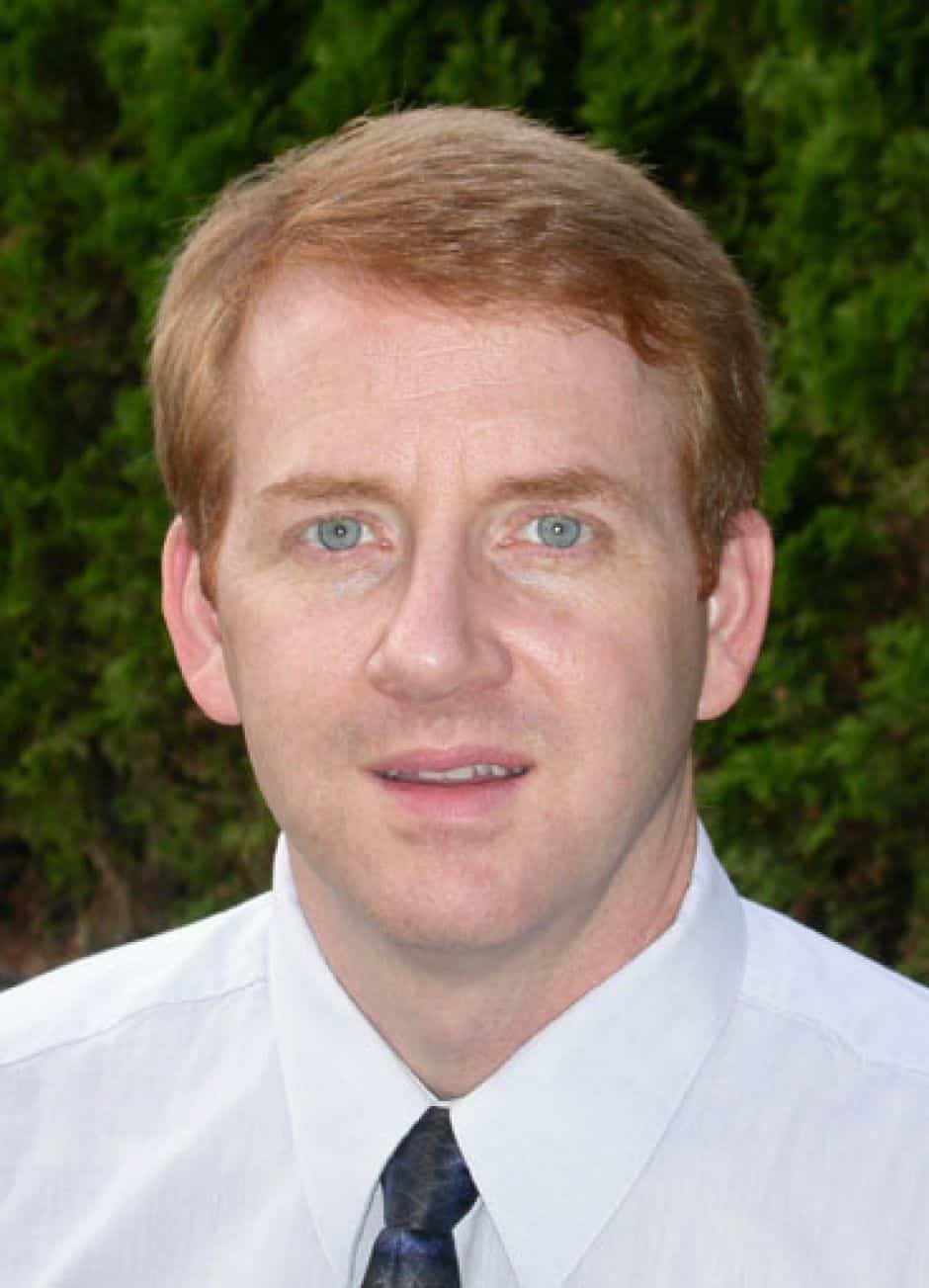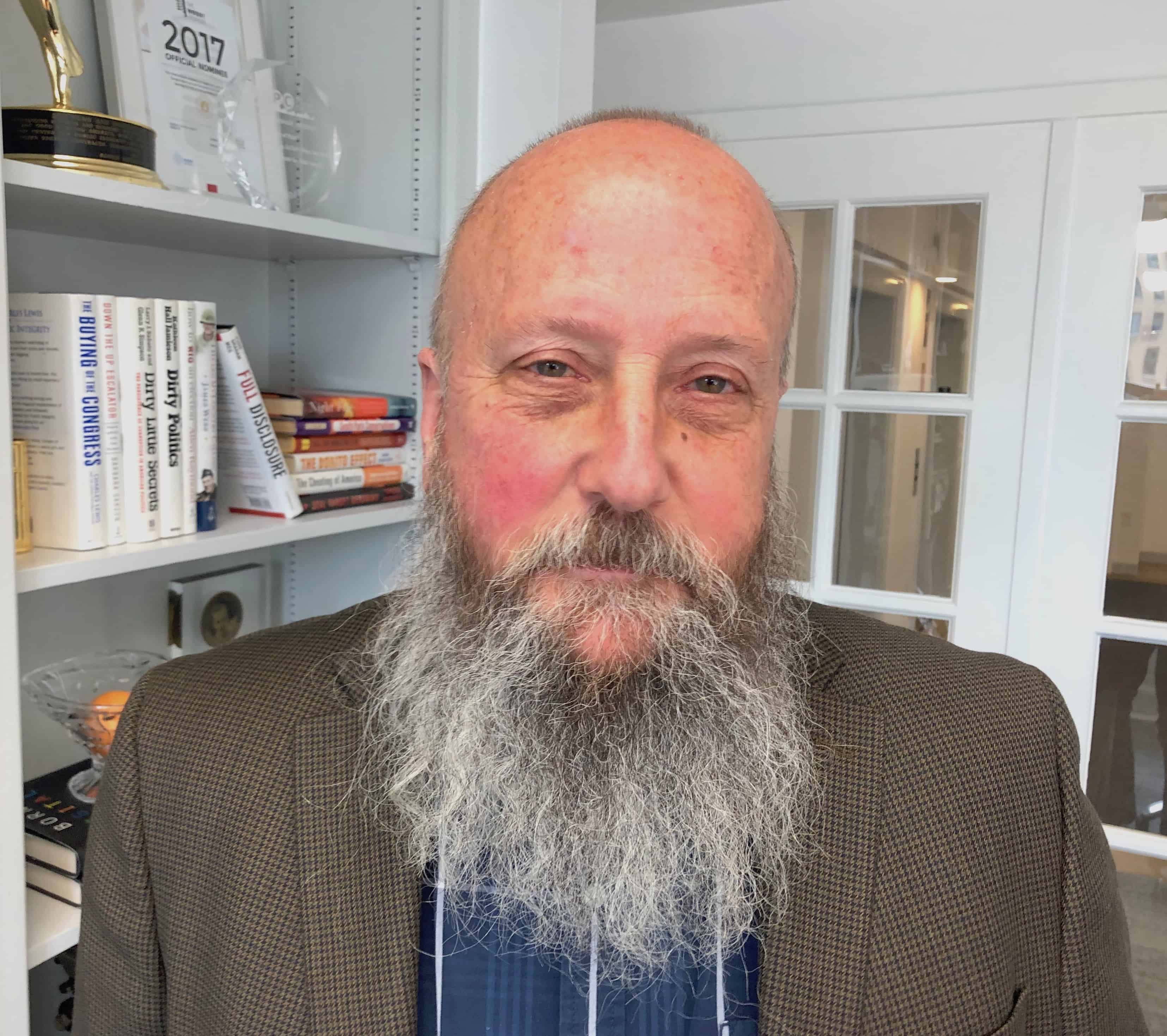Introduction
Sixty-six years ago, a professor at the Harvard School of Public Health wrote a report linking leukemia to benzene, a common solvent and an ingredient in gasoline. “It is generally considered,” he wrote, “that the only absolutely safe concentration for benzene is zero.”
The report is remarkable not only because of its age and candor, but also because it was prepared for and published by the oil industry’s main lobby group, the American Petroleum Institute.
This document and others like it bedevil oil and chemical industry executives and their lawyers, who to this day maintain that benzene causes only rare types of cancer and only at high doses.
Decades after its release, a lawyer for Shell Oil Company flagged the 1948 report as being potentially damaging in lawsuits and gave out instructions to “avoid unnecessary disclosure of sensitive documents or information” and “disclose sensitive benzene documents only on court order.”
Plaintiff’s lawyers like Herschel Hobson, of Beaumont, Texas, wield such documents in worker exposure cases to demonstrate early industry knowledge of benzene’s carcinogenic properties.
“It shows a pattern of behavior,” Hobson said. “It shows how industry didn’t want to share bad news with their employees. None of this information was made available to the average worker … Most of this stuff kind of gets lost in the weeds.”
No more. Today, the Center for Public Integrity; Columbia University’s Mailman School of Public Health and its Center for the History and Ethics of Public Health; and The Graduate Center at the City University of New York are making public some 20,000 pages of benzene documents — the inaugural collection in Exposed, a searchable online archive of previously secret oil and chemical industry memoranda, emails, letters, PowerPoints and meeting minutes that will grow over time.
The aim is to make such materials — most of which were produced during discovery in toxic tort litigation and have been locked away in file cabinets and hard drives — accessible to workers, journalists, academic researchers and others.
Some are decades old, composed on manual typewriters; others are contemporary. Combined with journalism from the Center — such as today’s story on a $36 million benzene research program undertaken by the petrochemical industry — and articles and papers from Columbia and CUNY faculty and students, the archives will shed light on toxic substances that continue to threaten public health.
The benzene documents are just the start. In coming months, we’ll be posting hundreds of thousands of pages of discovery material from lawsuits involving lead, asbestos, silica, hexavalent chromium and PCBs, among other dangerous substances. And we’ll be on the lookout for other documents.
The inspiration for the project came when we realized that in CPI’s reporting on environmental and workplace issues, we routinely obtained reams of court documents. Often, these documents hold secrets found nowhere else.
Last year we reached out to William Baggett Jr., a lawyer in Lake Charles, Louisiana, who had acquired more than 400,000 pages of documents from a decade-long case against manufacturers of vinyl chloride, a cancer-causing chemical used in plastics. Baggett agreed to give us all of them.
At the same time, public health historians Merlin Chowkwanyun, David Rosner and Gerald Markowitz were collecting court documents to create a public database and had approached Baggett. We decided to collaborate. Chowkwanyun is currently a Robert Wood Johnson Foundation Health & Society Scholar at the University of Wisconsin-Madison, and will be an assistant professor of sociomedical sciences at Columbia next year. Rosner is Ronald Lauterstein Professor of Sociomedical Sciences and History at Columbia. Markowitz is a professor of history at the City University of New York. Both Rosner and Markowitz have served as expert witnesses in a number of major cases related to these documents and have written Deceit and Denial: The Deadly Politics of Industrial Pollution and other books and articles based on them.
This is not the first database of its ilk. The University of California, San Francisco, maintains a massive collection of documents from tobacco-related lawsuits called the Legacy Tobacco Documents Library, which exceeds 80 million pages.
How to search the documents
Our database allows you to search for a word, combination of words or an exact phrase in any of the documents. You can also:
- Do a search that excludes a word by putting a ‘-‘ sign in front of the word.
- Do a fuzzy search that includes variations of a word by putting a tilde ‘~’ at the end of a word with the numbers of characters that don’t have to match exactly. For example, ‘planit~2’ will match ‘planet.’
- Do a search that optionally contains a word by putting a ‘|’ between the words.
- Do a search with a phrase by putting double quotes around the phrase.
Each document will include the court case from which it came, including the case title, case number, court as well as date filed and date terminated. The original complaint for each lawsuit is also part of the database.
Soon, we will make available a robust set of text-mining tools that will allow researchers to construct chronologies of documents; generate lists of common words, phrases and names; and sort documents in a number of ways. Qualified researchers will also have access to an even larger set of documents that will eventually contain millions of pages.
Robert Proctor, a professor of the history of science at Stanford, has used the UCSF tobacco archive extensively to do research for several books. He called it “an unparalleled treasure” that gives researchers the ability “to look through the keyhole of the mansion of this hidden world and see [corporate officials’] private thoughts, their intent, their ruminations, their jokes, their plans, how they treat their workers, how they treat the public…”
Proctor said he sees value in a similar archive on toxic chemicals. “The internal records of the chemical industry are known only to a tiny group of lawyers and journalists,” he said. “This is going to create a new kind of democracy of knowledge. It also will set the stage for whistleblowers to come forward with documents.”
That’s our hope. The search interface includes options to send us documents or contact us. The ultimate goal, to borrow Proctor’s phrasing, will be to give users “a strong magnet to pull rhetorical needles out of archival haystacks.”
Read more in Environment
Environment
Chemical Safety Board cuts investigations amid alleged mismanagement
Allegations of severe mismanagement continue to haunt the Chemical Safety Board, tasked with investigating industrial chemical accidents
Environment
Environment stories you may have missed
The Center for Public Integrity’s best environment stories from 2014



Join the conversation
Show Comments